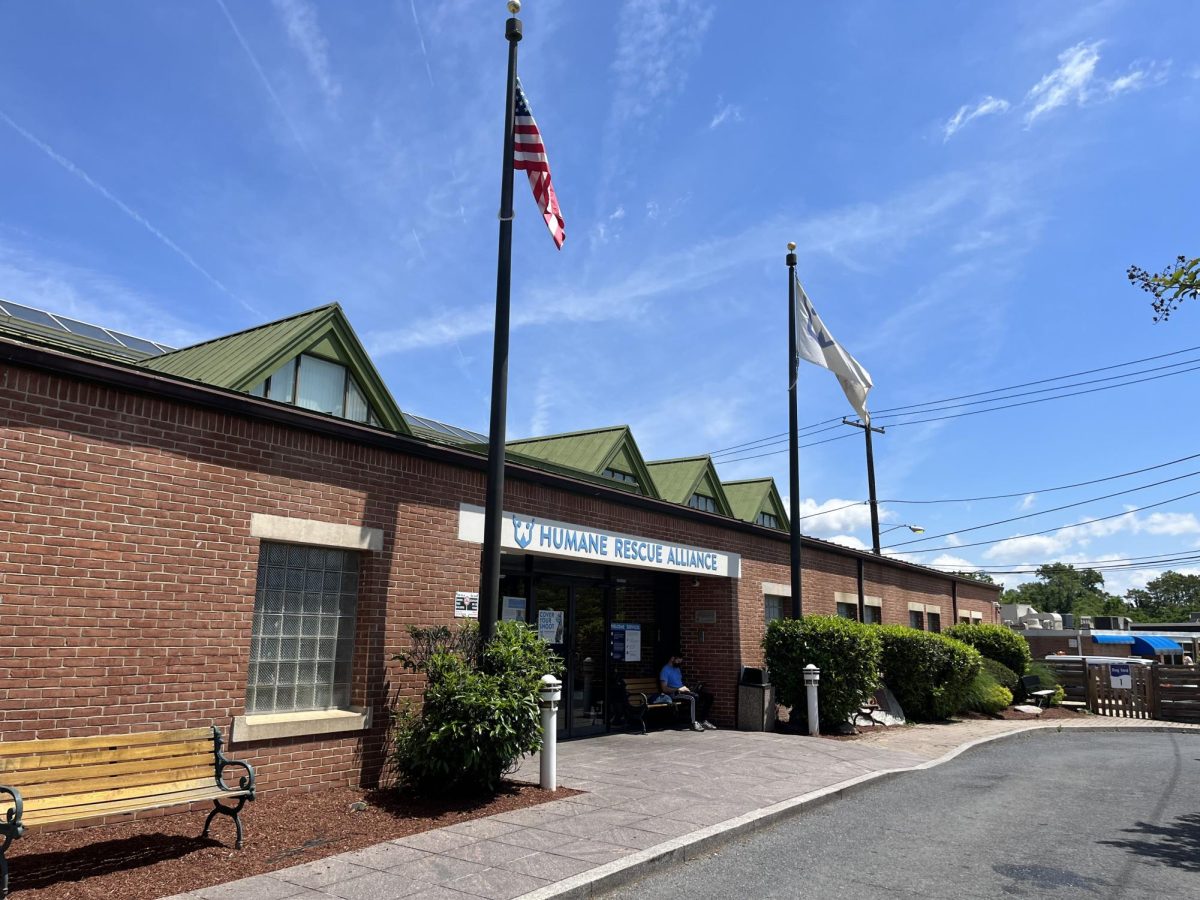For the homeless in the District, it was a place for free, quality health care. For Georgetown students, it was a classroom.
Last Tuesday, The HOYA Clinic, D.C.’s first student-organized health clinic, reopened its doors to members of the Washington community after being closed for four months over the summer.
Under the guidance of Matthew Levy, medical director in the Department of Pediatrics at the Medical Center and leader of the clinic, the five to 10 student volunteers who work at the clinic on Tuesday nights witness firsthand the dire need for health services for some of D.C.’s most vulnerable residents.
“The goal is to expose medical students to the problems and challenges families face getting quality health care,” Levy said. “It also fosters compassion and stimulates students’ interest in volunteerism.”
Levy said the clinic seeks to provide health and medical knowledge to underserved patients to better educate them on personal health care, while also instructing medical students on the socioeconomic health inequalities in today’s medical care field.
The HOYA Clinic first opened almost one year ago at D.C. Village Emergency Shelter for Homeless Families located in Southwest D.C., and was the District’s first health care clinic operated inside an emergency homeless shelter for families.
That shelter, however, was shut down by the D.C. Department of Human Services in November after the pest-infested conditions were ruled “inhumane” by city officials and D.C. Mayor Adrian Fenty. This move prompted the HOYA Clinic to relocate to a new site formerly occupied by the D.C. General Hospital.
“When the D.C. government decided to close this shelter, we began the next phase and worked to open a new location at D.C. General, where homeless families were going to be housed during the hypothermia season” said Karla Polk (MED ’10), one of the coordinators of the clinic last year.
A former intensive care unit of the old hospital was then renovated to create a larger space for the clinic, which features a waiting area, a nurses’ station and registration desk five patient rooms and a volunteer lounge.
The clinic operated at this new location from December until May, and then shut down at the end of the hypothermia season, Levy said.
Hypothermia season typically begins in November and ends in April, but the clinic stayed open through May to ensure arrangements for the families that were still taking shelter in the clinic. During hypothermia season, the Department of Human Services provides extra support for the homeless, adding emergency shelter spaces. Although the HOYA Clinic closed for the summer this year, Levy said that he does not foresee the clinic as operating on a seasonal calendar.
“I think we’ll be open now year-round,” he said.
During the summer, organizers at the clinic, including Levy, approached D.C. officials to request permission to reopen the clinic. A contract was recently finalized, Levy said, allowing the clinic to restart operations again last week.
“We’re back to doing what we were doing before, providing Georgetown compassionate care,” Levy said. “We’ve expanded the services, not just to the homeless but to community families as well.”
Levy said the clinic offers patients acute care, which consists of services that cannot wait until the next morning but do not require emergency room treatment, including colds and ear infections.
Currently, the clinic is open Tuesday nights from 6 p.m. to 9 p.m. Levy said he hopes to expand hours to more days over the next couple of months, and that, on a given night, the clinic serves anywhere from 16 to 25 patients. In addition to the student volunteers, Levy said the clinic operates with two attending physicians and a nurse from Georgetown University Hospital.
Levy stressed that services will still be free, although if patients are insured, the clinic will bill insurance companies.
“We accept the same forms of insurance as Georgetown Hospital, so it operates on a sliding scale based on ability to pay,” said Jennifer Zocca (MED ’11), one of the coordinators of the clinic this year.
The clinic is able to offer free services through funding from various sources, such as donors, fundraising and grants, including a Caring for the Community Grant from the Association of American Medical Colleges and a Community Access to Child Health Grant from the American Academy of Pediatrics.
“






